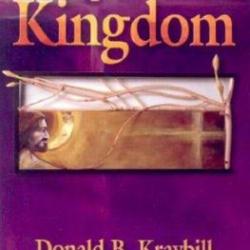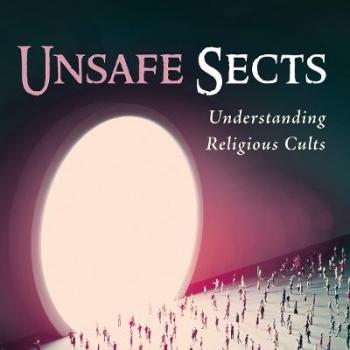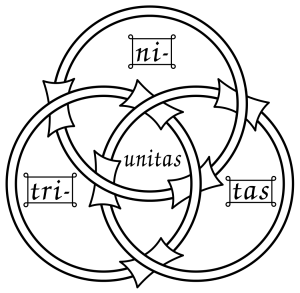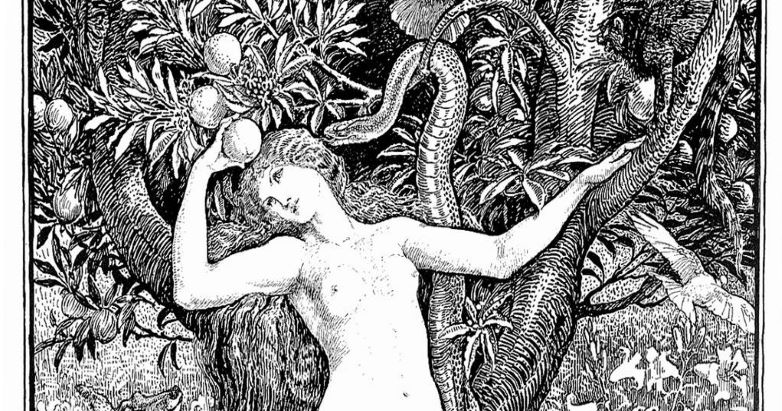
No matter how independent you are, if you have a spouse or partner, don’t you depend on them in some way? Is that a strange feeling for you? Maybe you’re experiencing what it’s like to cleave.
I take the word cleave from Gen. 2:24, which describes how a man leaves his parents and unites to his wife so that they become one flesh. The basis of this one-flesh union is God’s creation of humankind, in which he separated woman from man, leading to our perpetual longing for – and dependency on – the other.
To cleave, then, implies both dependence and independence, the former in relation to your partner, the latter in relation to your parents.
Unfortunately, Western culture doesn’t always value mutual dependency, or interdependence. For example, in the US, it’s common for young professionals to live alone, and “having your own place” is considered a benchmark of success. But in Egypt, where I lived for two years, the opposite is true; living alone is seen as peculiar, undesirable. Life there is much more communal. There is an expectation of, and high regard for, interdependency.
The Freedom in Mutual Dependency
It is clear in Genesis that God created man and woman to be interdependent, in his image, as God’s persons are interdependent. Of course, the persons of God – Father, Son, and Holy Spirit – are no “less” because of their mutual dependency. The loving, mutual dependency of the three persons of God, the blessed Trinity, is a theological doctrine known in Greek as perichoresis, or circumincession. This concept holds that God’s persons interpenetrate one another in devoted, mutual, sacrificial love.
The irony is that a healthy dependence on your partner actually frees you to live more fully in some way. In your dependency, you also become more free, more yourself.
To Cleave as God Cleaves
In Eden, God split the ha’adam (the term in Hebrew literally means something like “earth creature”) into man and woman so that as we cleave to one another, we experience the blessing of wholeness and community, in a similar way that God does.
So if you are otherwise independent, but feel dependent on your partner, perhaps you are not experiencing weakness but rather the glory for which you were made. You are participating in God’s being, more accurately reflecting his image, becoming more like him.
This blessedness can feel awkward and confusing because we’re taught that independence, not interdependence, is the key to emotional health, freedom, power.
Yet with a loving partner, mutual dependence is not only healthy but empowering, as you sacramentally bear God’s image to the world.
In such a relationship, we may indeed experience the strangeness of vulnerability that is accompanied, paradoxically, by freedom – and even joy.


















